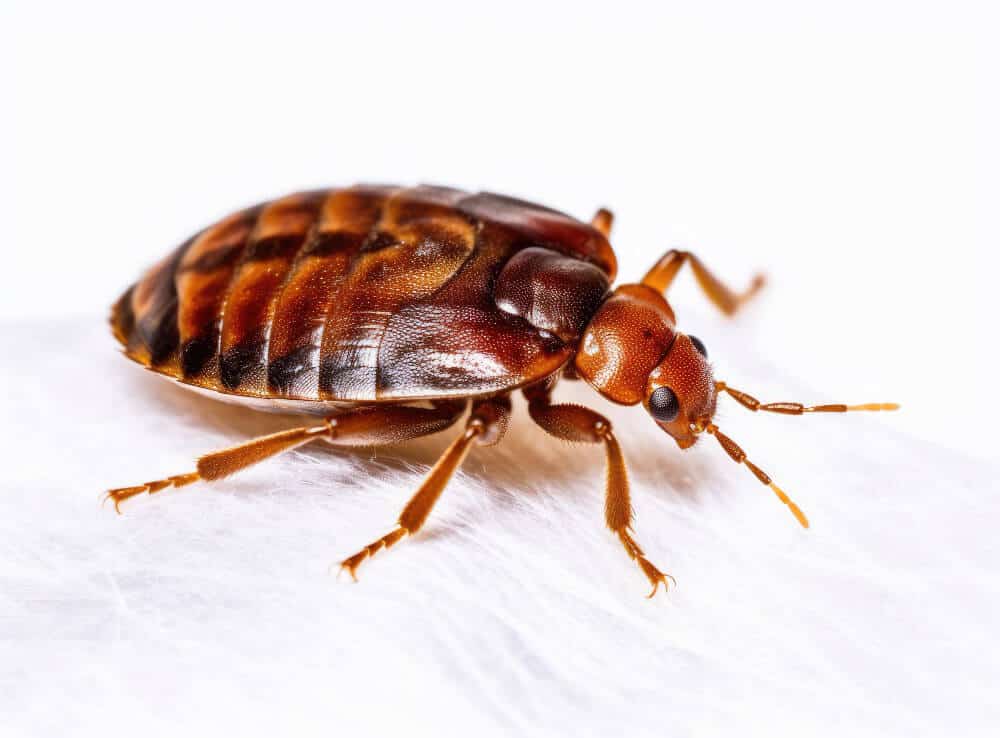The Role of Correct Cleanliness Practices in Parasite Control
One important facet often took too lightly is the role of correct sanitation practices in keeping pests at bay. By comprehending exactly how cleanliness straight affects pest presence, we can uncover the key to lasting insect monitoring options.
Importance of Hygiene in Parasite Avoidance
Sanitation plays a vital role in avoiding bug problems by removing food and water sources that draw in undesirable pests. Appropriate sanitation techniques are foundational in parasite control as they straight affect the accessibility of sources that pests require to reproduce and survive. By maintaining areas clean and totally free of food particles, spills, and standing water, the probability of bugs finding an ideal setting to grow is dramatically reduced.
An aggressive approach to hygiene involves routine cleansing and maintenance routines to make certain that all areas remain unappealing to insects. This includes correct waste management, prompt elimination of rubbish, and sealing food containers to refute access to insects (EZ bed bugs extermination nyc). In addition, taking care of leaking pipes, repairing fractures and gaps, and preserving a clutter-free atmosphere are necessary action in pest avoidance through cleanliness
Failing to support high hygiene criteria can bring about a boost in parasite task, positioning health threats and residential property damage. For that reason, prioritizing hygiene techniques is not only crucial for parasite control but additionally for overall wellness and wellness.
Common Sanitation Errors to Avoid
In preserving high criteria of tidiness to discourage parasite problems, watchfulness versus common cleanliness mistakes is paramount for efficient bug control management. Leaving food out in the open or not securing it appropriately can attract insects like insects and rats. By avoiding these common cleanliness blunders and executing correct tidiness practices, parasite invasions can be considerably lowered.

Influence of Proper Garbage Disposal
Proper garbage disposal plays an essential function in maintaining a sanitary setting and protecting against pest problems. When waste is not thrown away correctly, it can draw in pests such as rodents, flies, cockroaches, and other bugs. These insects are not only a hassle but additionally position major health risks as they can spread out diseases and contaminate food sources. By guaranteeing that waste is properly consisted of and gotten rid of in sealed containers, the possibility of bring in pests is dramatically lowered.
Inappropriate waste disposal can additionally bring about an increase in parasite populations. Bugs usually find resources of food and sanctuary in incorrectly dealt with waste, enabling them to breed and increase quickly. This can produce a cycle where bugs become established in an area because of the schedule of resources from poorly handled waste.
Along with attracting bugs, inappropriate waste disposal can likewise harm the setting. Leachate from land fills can infect dirt and water resources, influencing ecosystems and possibly EZ bed bugs exterminator nyc damaging wildlife - EZ nyc bed bug exterminator. Proper garbage disposal practices, such as reusing, composting, and using designated waste disposal services, are vital in alleviating these negative influences and promoting a healthier atmosphere for both people and wildlife

Role of Sanitation in Parasite Management
Keeping sanitation is critical for reliable bug monitoring methods. Sanitation plays an important function in protecting against pests from infesting homes, services, and public areas. When areas are kept clean and free of food residues, water resources, and mess, bugs like rats, flies, and pests are less likely to discover suitable environments for harborage and reproduction. Routine cleansing regimens, proper waste disposal, and timely spill cleanup are necessary practices in minimizing pest destination.

Integrating Cleanliness With Parasite Control Programs
Efficient bug control programs include thorough cleanliness methods to create inhospitable atmospheres for pests to flourish. Incorporating hygiene with bug control programs includes implementing proactive actions to eliminate elements that attract and sustain pest populaces. This combination needs a thorough understanding of the insect species, their actions, and the problems that support their survival. By resolving hygiene issues such as food and water sources, sanctuary, and waste monitoring, insect control initiatives can be significantly improved.
Cleanliness methods must be an integral part of insect control methods in different setups, consisting of domestic, commercial, and farming settings. Normal cleansing, correct garbage disposal, and maintenance of facilities are important elements of an efficient parasite administration plan. By constantly incorporating cleanliness methods right into bug control programs, the dependence on chemical therapies can be minimized, bring about more lasting and eco-friendly insect management options.
Moreover, integrating cleanliness with parasite control programs not only aids in protecting against bug invasions yet also advertises total health and wellness and hygiene. By preserving tidiness and executing sanitation actions, the threat of pest-borne conditions can be lowered, creating much safer and healthier environments for inhabitants.
Verdict
To conclude, appropriate sanitation practices play a vital role in effective parasite control by getting rid of food and water resources that bring in insects. By avoiding usual cleanliness blunders and carrying out proper waste disposal methods, sanitation can significantly impact pest management efforts. EZ best bed bug removal. Integrating sanitation with pest control programs can aid develop a durable and sustainable solution to stop infestations and maintain a healthy environment
Correct cleanliness techniques are foundational in insect control as they straight influence the accessibility of sources that pests call for to make it through and recreate.In keeping high standards of cleanliness to deter insect problems, vigilance against common cleanliness errors is vital for efficient pest control administration.Efficient parasite control programs incorporate extensive hygiene methods to create unwelcoming environments for bugs to grow. By consistently including cleanliness methods right into pest control programs, the reliance on chemical treatments can be lessened, leading to more sustainable and ecologically pleasant insect administration solutions.
In conclusion, appropriate hygiene practices play a crucial role in effective parasite control by getting rid of food and water resources that draw in insects.
Comments on “EZ Bed Bugs Extermination NYC: Expert Services for Full Pest Removal”